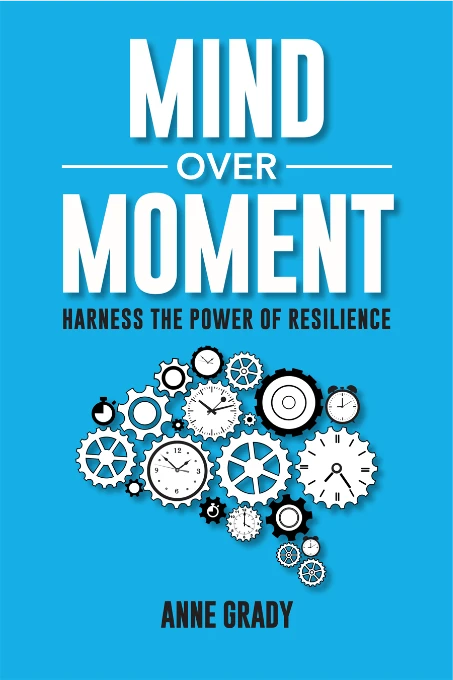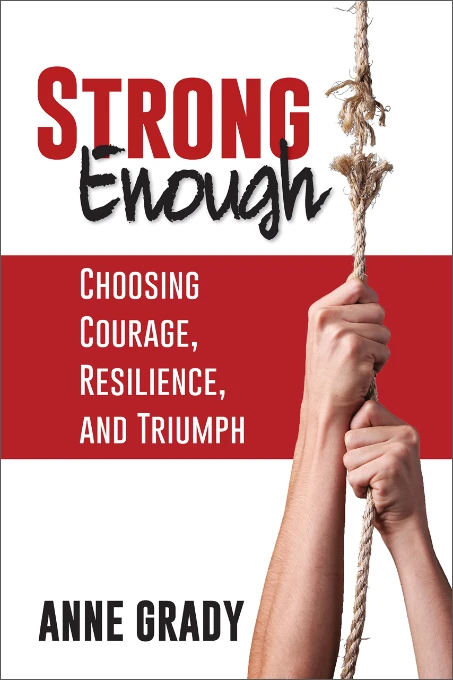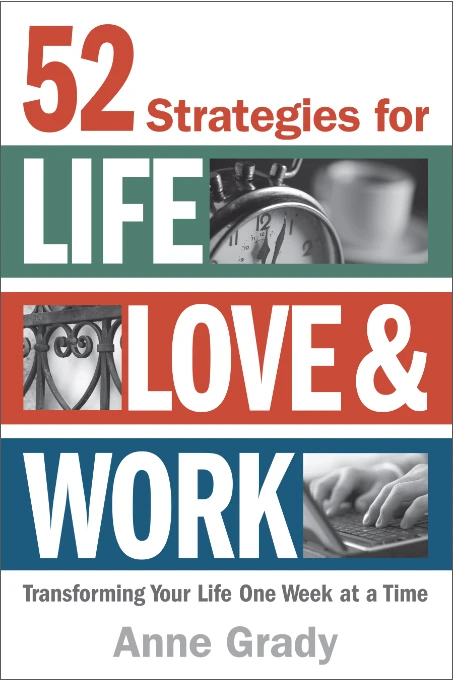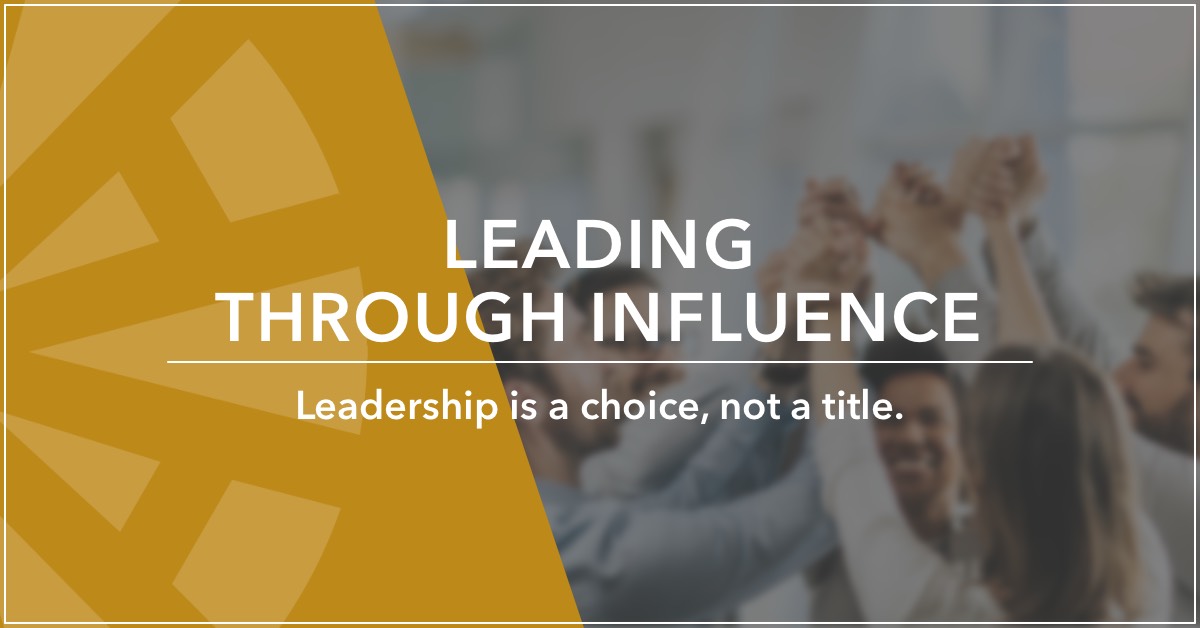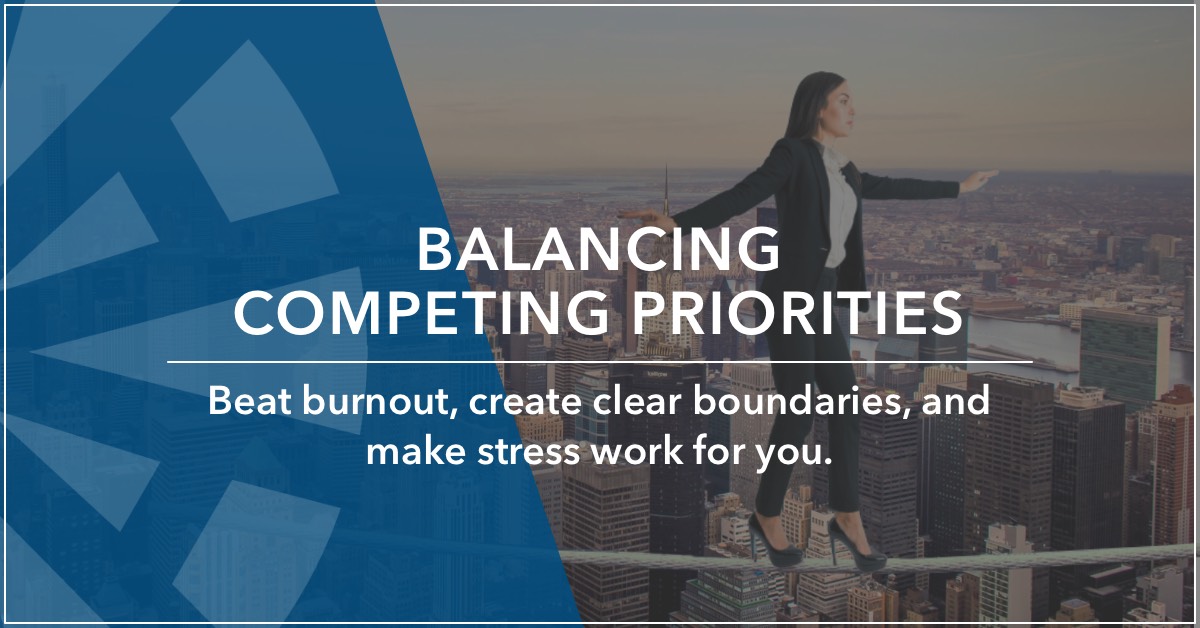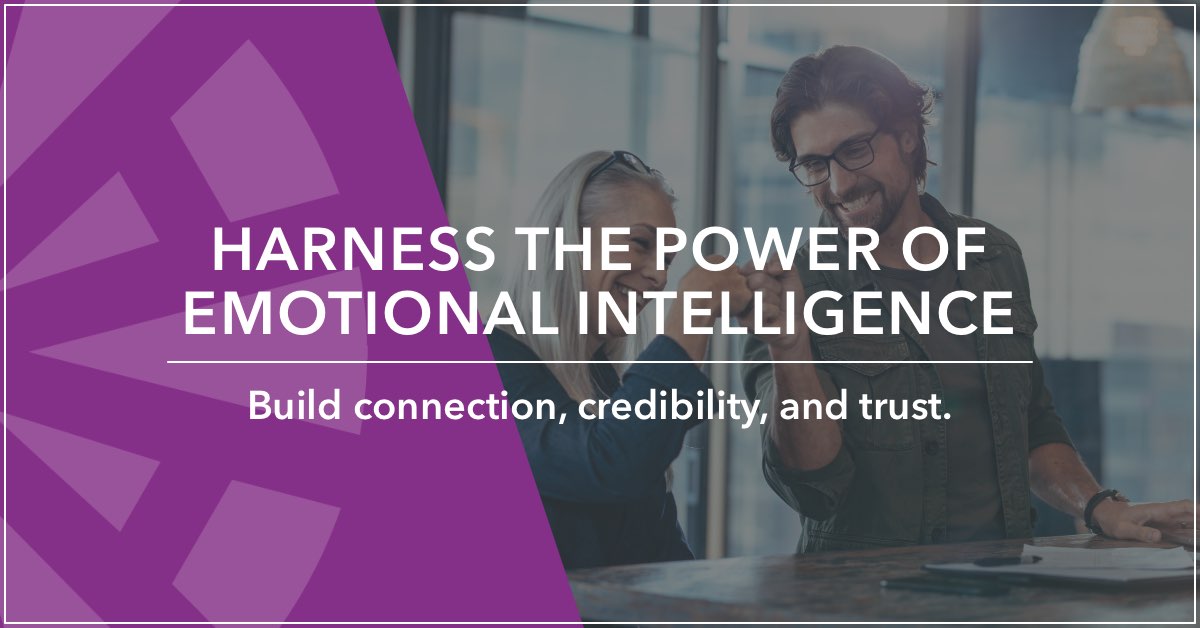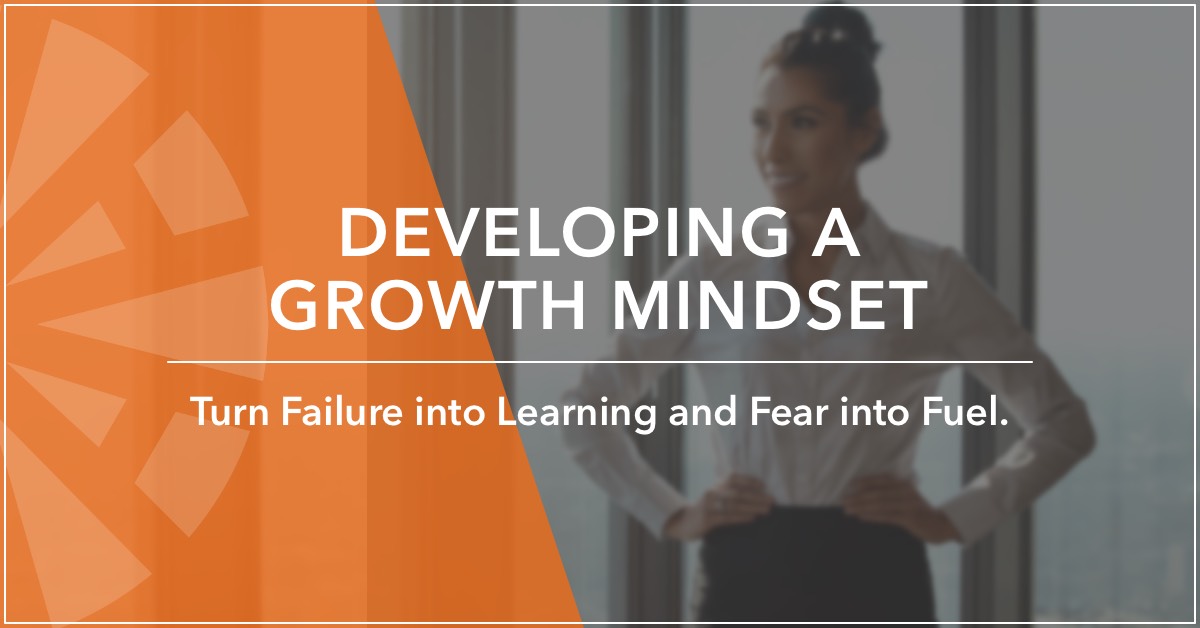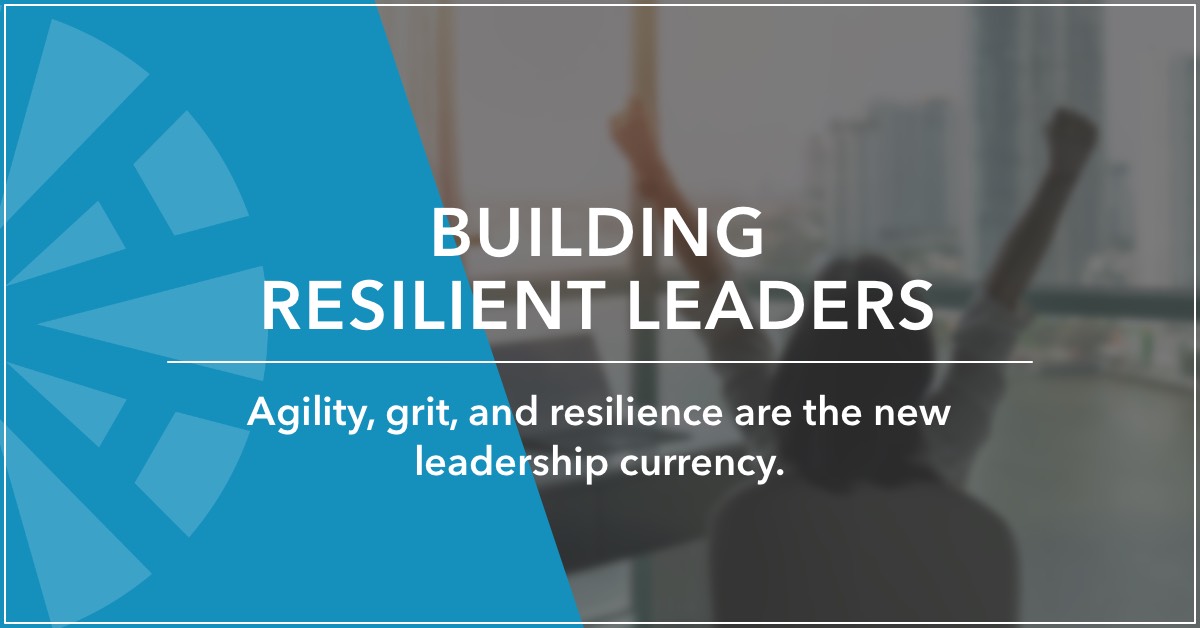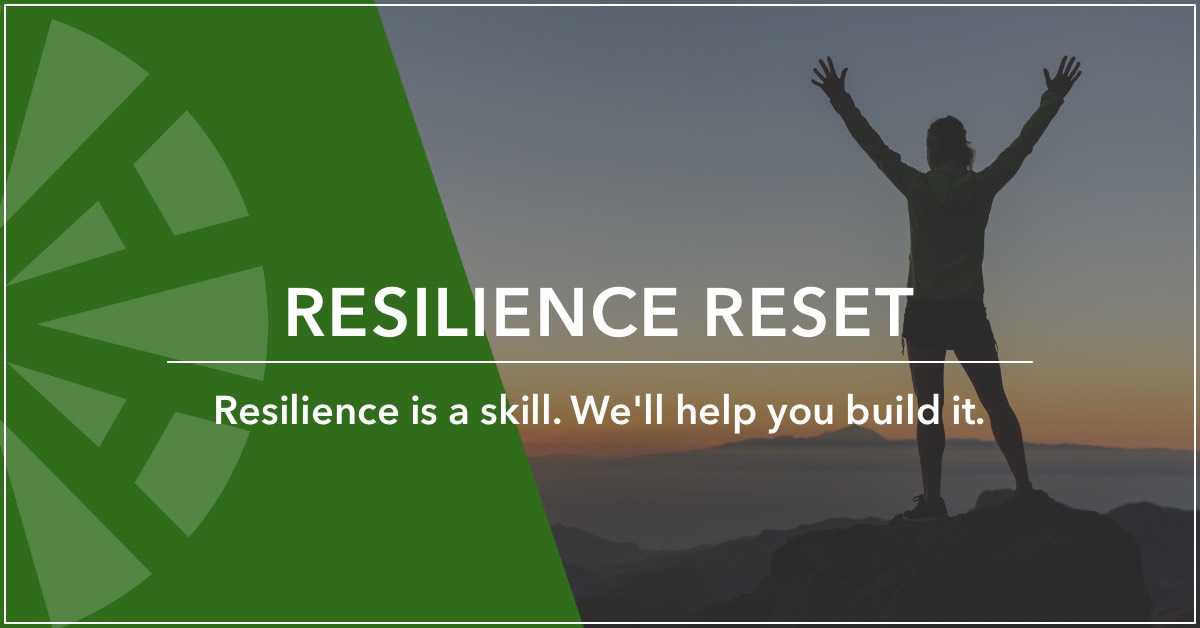The Problem Isn’t Your Anxiety
The Problem Isn’t Your Anxiety
The Problem Isn’t Your Anxiety
When was the last time you felt anxious? Hint: if you’re rapidly tapping your foot or biting your nails while reading this, that time is now.
One in three people will have an anxiety disorder in their lifetime. Over half of us will take an anti-depressant or anti-anxiety medication in our lifetime. That makes anxiety and depression almost as common as owning a dog (which can often help ease anxiety – unless you have my dog Charlie—he’s a crazy maker).
What Is Anxiety?
Anxiety is a persistent emotional state characterized by fear or nervousness about the future, even when there is no immediate threat. It’s a general sense of unease, even when things are objectively okay.
Anxiety is a normal, adaptive response and your brain’s way of keeping you safe. If the threat is real, like someone chasing you, anxiety is your body’s way of telling you to take action and run. But when it gets in the way of our work, relationships, and quality of life, we have to change what we’re doing.
Here’s the paradox: the more you try not to feel anxious, the more anxious you will be.
Anxiety often gets a bad rap, but the real problem isn’t your anxiety – it is your relationship with anxiety. Just because anxiety feels bad doesn’t mean it is bad. Cortisol and adrenaline improve nearly every aspect of your performance, from your memory to your immune system. It’s nothing more than your body’s way of keeping you alert and safe.
How to Deal with Anxiety
Emotions are like drunk friends. The more you ignore them, the louder they get. Rather than run from it, lean into it. That’s right. Sit in the suck, hug your monster, recognize it for what it is (nothing more than physical sensations), and move forward.
Here’s a quick trick: Pay attention to what you feel physically the next time you feel anxious. This brings you back to the moment. Next, count backward from 90. Intense emotional reactions only last 90 seconds. After that, our thoughts feed our emotions.
Counting to 90 allows the initial surge of emotion to run its course, and doing it backward moves you from the emotional brain to the logical one.
What’s Next?
Anxiety may not be comfortable, but you wouldn’t be alive without it. Recognize it for what it is, take a few deep breaths, and remind yourself that at the end of the day, you will either succeed or you will survive. You’ve got this.

